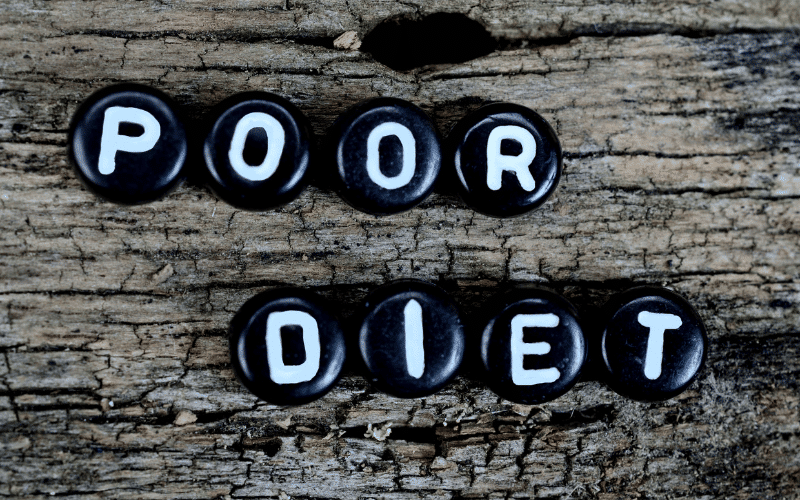Factor 8. Poor Diet: Fueling the Fire

When it comes to heart disease risk factors, what you put on your plate matters immensely. A diet high in saturated and trans fats, sodium, and sugar is a recipe for heart disease. However, the impact of diet on heart health isn’t always apparent, making it a silent contributor to the problem.
So how does a poor diet affect the heart?
A diet rich in saturated and trans fats increases the level of LDL cholesterol, the “bad” cholesterol, in your blood. As discussed earlier, LDL cholesterol contributes to plaque buildup in your arteries, restricting blood flow and leading to a host of complications, including heart attacks and strokes.
Excessive sodium intake, on the other hand, can lead to hypertension. Sodium causes water retention in the body, which increases the volume of blood and, consequently, blood pressure. Over time, this can lead to hypertension, again, a well-known risk factor for heart disease.
Additionally, a diet high in sugar can lead to weight gain, increasing the risk of obesity and diabetes, both of which are significant risk factors for heart disease. High sugar consumption can also lead to inflammation and high blood pressure.
Changing dietary habits is not easy, but it’s essential for heart health. Opting for a diet rich in fruits, vegetables, lean proteins, and whole grains can do wonders for your heart. It’s also important to reduce sodium and sugar intake and choose healthier fats. A well-balanced, nutrient-rich diet is one of your greatest tools in the fight against heart disease. (8)